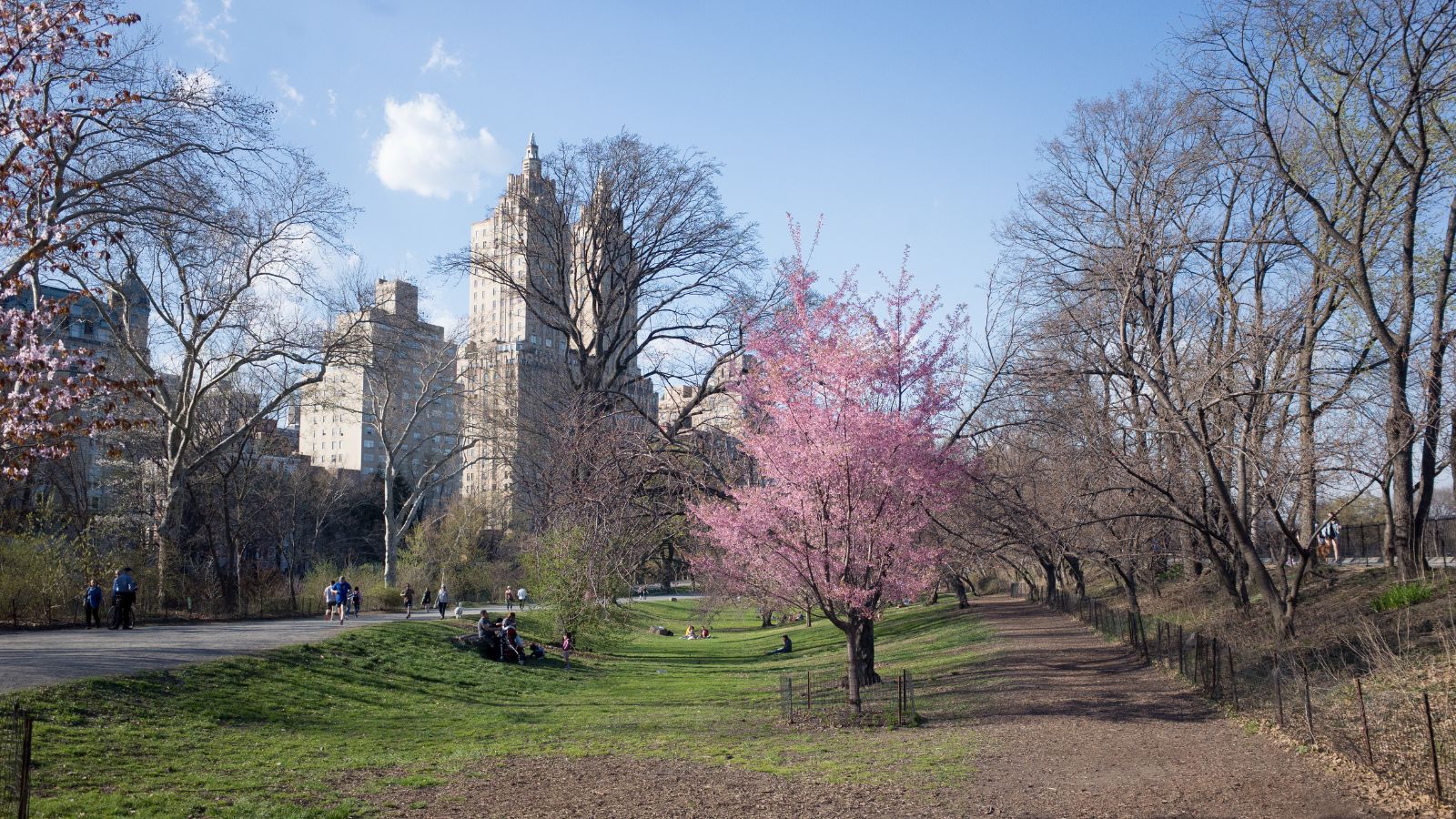In 2015, ecologist Kerissa Fuccillo Battle got a call that changed her life.
“That call was really like something out of a researcher’s dream — just unexpected and miraculous,” she says.
On the other end of the line was wildlife specialist Conrad Vispo.
He had found data buried in historic archives that was collected in the 1800s by citizen scientists. It described when tree buds emerged, flowers bloomed, and fruits ripened in New York State.
This was exciting to Fuccillo Battle because she runs the New York Phenology Project, an effort to gather similar data today. And comparing the data sets could reveal how climate change has affected the state.
“I was absolutely shocked and thrilled that this data set existed, particularly because the protocols and the species matched this modern data set that I had been working to build,” she says.
She and a team of researchers found that, on average, the observed species now flower about 10 days earlier and leaf out 19 days earlier than in the 1800s.
So the rediscovered data shows how much climate change has already affected plants, and it can be used to better understand how individual species are responding.
Reporting credit: Sarah Kennedy / ChavoBart Digital Media


